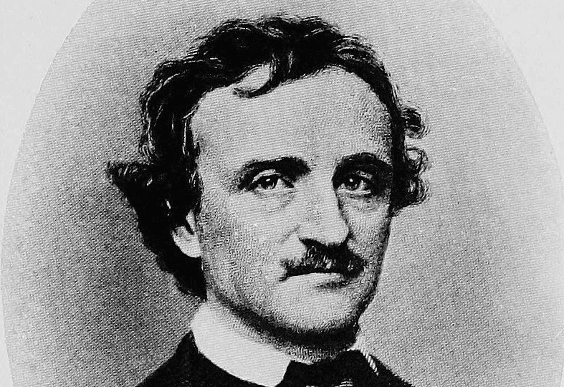
Could the Supreme Court’s Tariff Decision Be Applied to the Fed?
By THE NEW YORK SUN
|God tends to give poets strong wills to drive their bodies, mainly because they need it — often abusing their health as systematically as they can. It’s Edgar Allan Poe (1809–1849), of course, who comes to the American mind.

Already have a subscription? Sign in to continue reading
$0.01/day for 60 days
Cancel anytime
By continuing you agree to our Privacy Policy and Terms of Service.

By THE NEW YORK SUN
|
By GEORGE WILLIS
|
By CARL ROLLYSON
|
By MARIO NAVES
|
By LUKE FUNK
|
By BRADLEY CORTRIGHT
|
By LUKE FUNK
|
By TOM TEODORCZUK
|